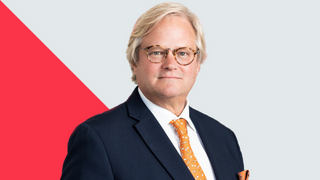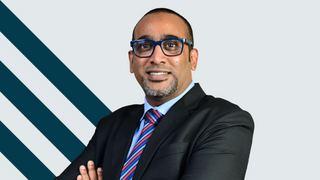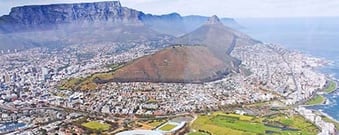Mauritius
An ideal location for wealth structuring and a gateway for cross-border investments.
Meet the teamWhy Mauritius?
Located off the southeast coast of Africa, Mauritius has established itself as a trusted jurisdiction of choice for companies and investors.
Its political and economic stability, robust legal framework and extensive tax treaty network, coupled with its ease of doing business, make it an ideal gateway for cross-border investment flows into and out of Africa, India, the Middle East and Asia.
Thanks to a forward-thinking regulator, Mauritius has created an innovative framework for establishing funds, trusts and foundations, as well as incorporating companies.
Our team in Mauritius has decades of local experience and understands how clients can reap the maximum benefit from what the jurisdiction has to offer.
The services we offer in Mauritius
We provide an extensive range of corporate, private client and fund services from our Mauritius office. Use the tabs below to find out more.
- Corporate
- Private Client
- Funds
Corporate services
Whether you are a multinational corporation, a family-owned company, a growth or early-stage business, an entrepreneur, high net worth individual or intermediary, our wide range of corporate services can deliver the solutions you need right now, while helping you build for the future.
Detailed service breakdown
- Entity formation and administration
- Account opening and cash management
- Director services
- Company secretarial services
- Compliance services
- Tax
- Transaction management
- Accounting services
- HR and payroll
- Office services
Private Client services
We understand how vital it is to protect and grow your wealth now and for future generations. We can help you achieve this through establishing trusts and foundations, tax and accountancy services, and putting thoughtful estate planning into place. Whatever your needs, we can support you.
Detailed service breakdown
- Trust, company and foundation services
- Private trust companies
- Philanthropy
- Real estate
- Managing lifestyle and luxury assets
- Wills and probate services
- Accounting, tax compliance and regulatory reporting
- Family office solutions
Fund services
Whether you are a well-established or first time fund manager, you will have direct access to a management team and staff with broad industry experience, years of technical expertise and a hands-on approach to support the day-to-day running of your fund.
Detailed service breakdown
- Onboarding and establishment
- Fund accounting services
- Financial reporting
- Investor services
- Banking solutions
- Tax reporting
- Director services
- Fund compliance services
- Company secretarial
Mauritius - Grand Baie
C1 402, 4th Floor, Block C, Grand Baie La Croisette, Grand Baie,
Mauritius
Mauritius - Moka
Office 15, Workshop 17 Vivea, Les Fascines Building,
Ave Les Fascines, Vivéa Business Park, Moka Smart City, Mauritius
Insights and guides
Knowledge sharing is an essential part of our philosophy. Our news and insights bring together the latest industry analysis and international business news, along with updates about the Hawksford group and our people.








